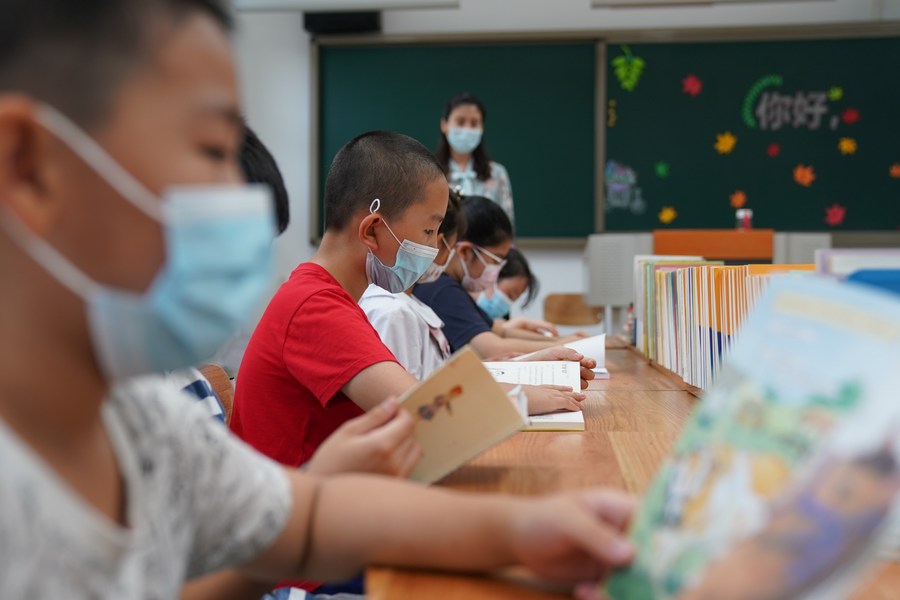China Looks to Improve Qualifications of Teachers

Ultimately, systematic and comprehensive measures need to be taken to shore up weaknesses in China’s education system.
China’s education authorities recently released a draft amendment of the Teacher’s Law, raising the threshold for teachers’ academic certifications so as to improve the quality of education. The draft amendment shows the country’s resolve and efforts to boost its education reform.
China’s existing Teacher’s Law came into force in 1994. However, after the past two decades of reform and development, some of the provisions are not applicable to China’s current social and economic circumstances. Therefore, it is necessary to revise the law in order to ensure a high-quality education system.
According to the new draft amendment, kindergarten teachers require, at a minimum, degrees from higher vocational schools instead of secondary vocational schools. Moreover, the requirement for primary and secondary school teachers would be raised to bachelor’s degrees, and the academic requirements for teachers at higher education institutions will be raised from bachelor’s degrees to master’s degrees.
Teachers’ academic backgrounds in China have been significantly improved over the past 20 years. For example, approximately 0.2% of primary school teachers had bachelor’s degrees or above in 1993 compared to 66% in 2020. Meanwhile, fewer than 1% of high school teachers had bachelor’s degrees in 1993, whereas the proportion surpassed 11% last year. Moreover, the percentage of university teachers with doctoral degrees increased from 1.7% to over 27% in the same period. In the years to come, teachers’ academic backgrounds in China are expected to further improve as the country aims to build a high-quality education system in the 14th Five-Year Plan period (2021-25).

In addition, provisions of the draft amendment also say that an entry blacklist for teachers will be set up. Those who have received administrative or criminal punishment for behaviors that might harm students, such as sexual assault, abuse, abduction, drug use, prostitution, and gambling, would not be entitled to obtain the teacher qualifications, and those with serious alcohol addiction and mental illness would also be banned. All these revisions will better protect students’ legitimate rights and interests.
One of the highlights of the new draft revision lies in the fact that it regulates the basic rights and obligations of teachers, and it also prioritizes teachers’ welfare and benefits. For example, an award mechanism would be established for teachers who have made significant contributions to the field of education, which could improve teachers’ social status. There are also measures to ensure teachers’ income.
Ultimately, systematic and comprehensive measures need to be taken to shore up weaknesses in China’s education system. It is important to ensure teachers’ the right to a fair income and the opportunity to pursue career development. They should also be able to practice their legitimate rights in accordance with the law, which is crucial for creating high-quality education development.
Xie Bo is a professor with Xi’an Jiaotong-Liverpool University.
 Facebook
Facebook
 Twitter
Twitter
 Linkedin
Linkedin
 Google +
Google +










